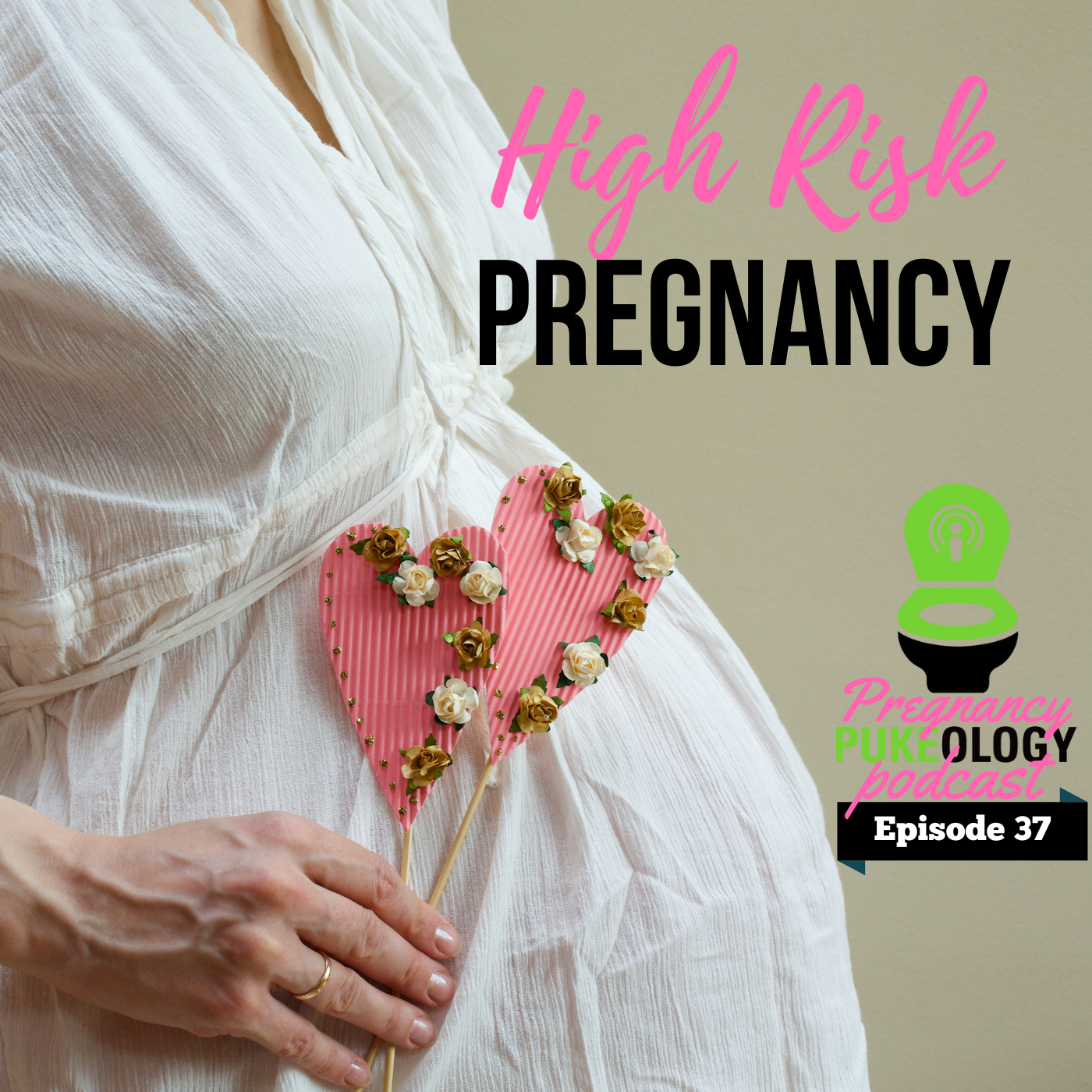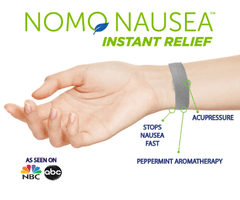
High Risk Pregnancy
Are you classified as a high risk pregnancy? Find out as our doctor discusses what classifies you as a high risk pregnancy and 13 of the most common groups of moms who need to see a perinatologist. Plus this blog is full of some helpful hints to aid you along in this pregnancy that anyone could use. Read on if your that kind of momma, but if you're the busy pregnant chicken with other kids just take a listen to it in podcast form.
Am I at High Risk for Any Problems During my Pregnancy?
Having a high-risk pregnancy means that you or your baby or both are more likely to experience health problems during pregnancy, delivery or after birth than one carrying a normal pregnancy. To have a healthy pregnancy and give birth without complications you need early, regular and extra monitoring by a qualified healthcare provider.
You can’t tell when your pregnancy will become a high risk. You may be at increased risk for pregnancy complications even before you conceive due to an underlying medical condition.
Alternatively, your pregnancy may become high risk as it progresses. Either way, don’t give up hope because having a high-risk pregnancy does not always mean you won’t have a healthy pregnancy and eventually a healthy baby.

What Causes a High-Risk Pregnancy?
Having one of the following factors may make you be considered high risk:
Having had problems from your previous pregnancies such as preterm delivery. Although you may not experience the same problems in your current pregnancy is important to be looked at closely by your health care provider throughout your pregnancy to prevent the same from occurring.
Sickle anemia and thalassemia. These are blood disorders that can make your pregnancy high risk. The health of your baby is also threatened during and after delivery if he/she acquire your condition.
Obesity. If you have a body mass index (BMI) of 30 or higher before you are pregnant, your chances of having high blood pressure, type 2 diabetes and gestational diabetes when you get pregnant are high. During birth, you may mostly need a cesarean delivery.
Chronic kidney disease. With this condition, the probability of a miscarriage, preeclampsia, and developing high blood pressure is high.
Depression: Pregnancy may make you suffer from mental disorders like depression and anxiety. Medications used for depression may be harmful to your baby.
High blood pressure. Although you can have a normal pregnancy with high blood pressure, if not treated, high blood pressure may cause retarded growth to your baby and may as well cause the baby to be born before the gestation period. High blood pressure also causes preeclampsia and abruption of the placenta
.
HIV or AIDS. If you are a victim of HIV or AIDS, your baby may be infected before birth, during birth, or during breastfeeding. However, this risk may be prevented through medication.
Lupus. An autoimmune disease that increases the threat of preeclampsia, preterm delivery, and giving birth to a small baby. Lupus may worsen due to pregnancy.
Maternal age. Age determines the kind of pregnancy you are likely to have. First-time pregnancy at your teens or over age 35 may be associated with health complications.
Thyroid disease. If the thyroid disease is not controlled when you are pregnant, it may affect you and your baby. Thyroid disease may cause low birth weight to your baby, preeclampsia, miscarriage, and early birth.
Alcohol. There is a high risk of stillbirth and having a fetal alcohol spectrum disorder (FASD) if you are drinking heavily while pregnant.
Smoking. Smoking during pregnancy puts your baby at high risk of several complications like being born earlier and small.
Substance abuse. Your baby may suffer from birth defects such as low birth weight and being born early if you misuse the prescribed drugs or abuse illegal drugs.
How to Reduce the Risk of pregnancy complications When having High-Risk Pregnancy
- Seek support from your family, partner, and friends particularly when depressed.
- Seek the relevant information concerning your condition and what you can do to stay healthy.
- Attend all of your prenatal appointments as scheduled and follow the instructions of your caregiver.
- When you attend your first prenatal visit, inform your provider about any current issue pertaining to your health.
- In case you are not yet pregnant, schedule a preconception visit with a health care instructor.
- Eat a healthy diet. For those mommies who have sickle cell anemia or trait, try eating foods high in iron like salmon, sardines, liver, organ meats, or lentils. Or eat foods that are high in folate, which helps to increase the production of red blood cells, like chickpeas, pinto beans, lentils, spinach, avocado, beets, broccoli, or asparagus.
For a full list of items you should be eating during pregnancy head on over to Pregnancy Pukeology Podcast Episode 16.
- Try essential oils! If you’re a mom who gets aches and pains from sickle cell try rubbing peppermint oil and turmeric to decrease inflammation and stop over all pain. Lavender is great for relaxation if you suffer from depression or substance abuse. Try NoMo Nausea as a natural way to help reduce the side effects of addiction, especially for alcohol withdrawal and remember all of us doctors are here for you so we want you to be honest so we can help you. I took a Hippocratic Oath to do no harm, both for you and your baby. Take note of your emotional well-being.


